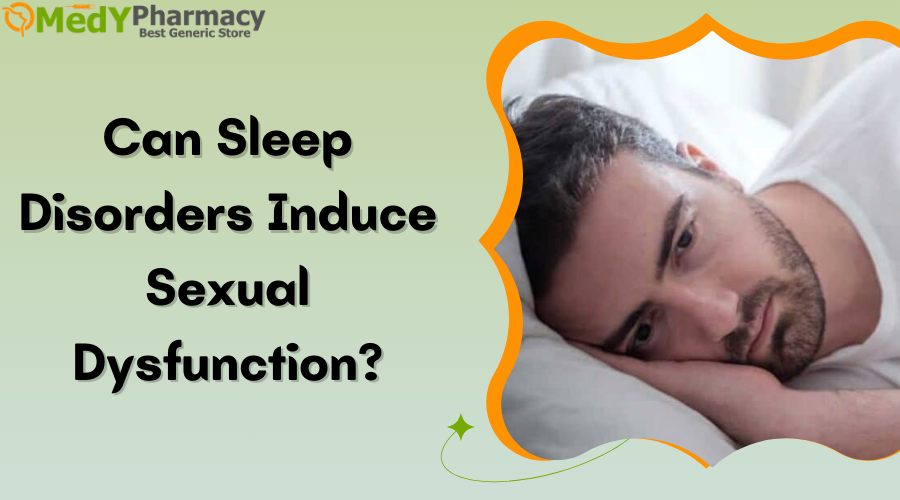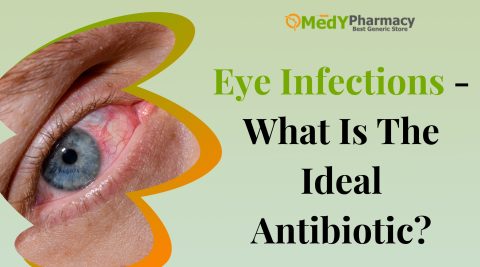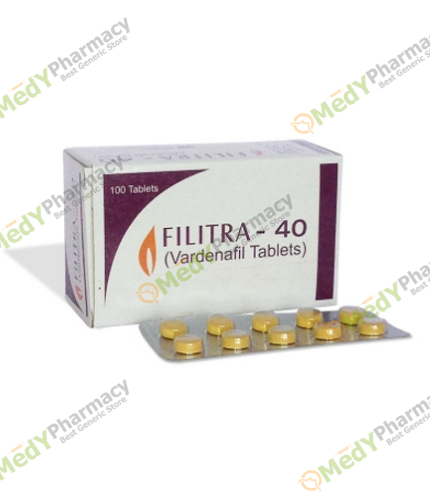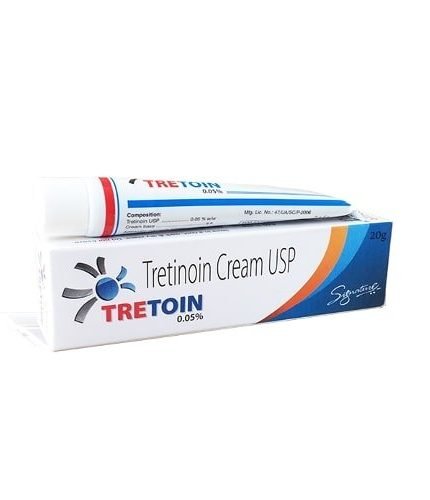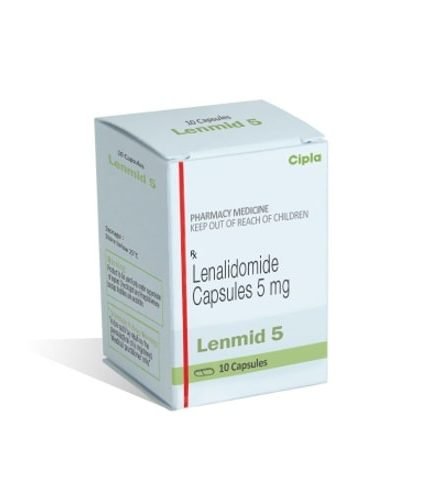Introduction Sleep Disorders:
Every human body component, internal or external, is inextricably related. Sleep is among the most important. Just as we need enough food and nutrients to function properly, we also require enough sleep to maintain our overall well-being. If the latter requirement is not met, the result is a sleep disorder. These sleep disturbances can appear in various ways, which we examine in depth in the final section of the blog.
Sexual dysfunction and sleep difficulties are two prevalent health problems that frequently overlap and can hurt a man’s general well-being and quality of life.
Which Sleep Disorders Lead to Sexual Dysfunction?
Sleep habits and behaviors can be good markers of overall health and well-being, including sexual function. Indeed, research has connected a variety of sleep disorders and common sleep difficulties to sexual dysfunction. The most common association with ED is poor sleep quality.
Sleep disorders are associated with the circadian cycle.
Circadian rhythm sleep disorders are distinguished by disrupted sleep cycles. Those suffering from these conditions may have difficulty falling and staying asleep at regular intervals. This persistent disruption of sleep patterns stops you from obtaining enough sleep and can lead to erectile dysfunction.
What Are Sleep Disorders?
Sleep disorders are conditions that disrupt your sleeping habits and rhythms. They can cause you to slumber too much or too little, at the wrong time of day or night. They can also cause strange or frightening experiences, such as nightmares, when you are sleeping or trying to sleep
- How well do you sleep
- Your sleep schedule
- Your sleep duration
Sleep Disorders and Erectile Function
Sleep Disorders can have a variety of implications for erectile function. Obstructive Sleep Disorders, which are characterized by disrupted breathing while sleeping, can cause decreased oxygen levels and increased sympathetic nervous system activity, decreasing erectile function. Similarly, restless legs syndrome and insomnia can alter sleep patterns and produce exhaustion and daytime sleepiness, reducing sexual performance and libido.
Doctors Provide Treatment Options for ED
CPAP therapy is frequently the first line of treatment for males suffering from obstructive sleep apnea. CPAP machines provide a continuous stream of air to keep the airway open while sleeping, improving breathing and lowering the risk of erectile dysfunction caused by sleep apnea.
New York erectile dysfunction doctors may prescribe drugs like sildenafil (Viagra), tadalafil (Cialis), or vardenafil (Levitra) to improve erectile function. These drugs function by boosting blood flow to the penis, allowing men to obtain and maintain erections.
Sexual dysfunction specialists may also suggest lifestyle changes such as regular exercise, weight loss, and avoiding alcohol and caffeine close to bedtime to enhance sleep quality and erectile performance.
Causes of sleep disorders:
Sleep disorders are caused by a disruption in the body’s normal sleep and waking cycles. Depending on the type of sleep disturbance you have, this could happen for any number of reasons.
A symptom of an ailment, such as cardiovascular disease, asthma, pain, or a neurological problem.
- An indicator of a psychiatric issue, such as depression or anxiety disorder.
- Genetic components (such as a mutation).
- A negative reaction to a medication.
- I’ll be doing the night shift.
- Excessive use of medications such as alcohol or caffeine before going to bed.
- Certain chemicals or minerals have low quantities in the brain.
- An unknown reason
Is there a link between snoring and ED?
Snoring is thought by some to be a sign of a sleep disturbance. While snoring can indicate a sleep issue, particularly Sleep Disorders, there is insufficient evidence to identify a Sleep Disorder or poor sleep quality. Snoring, according to a study, is not significantly associated with erectile dysfunction.
If you are concerned about your sleep quality or that you may have a sleep problem, document your symptoms and consult with your doctor. They may want to conduct additional diagnostics, such as a sleep study, to decide the best course of action.
How Do I Get a Better Night’s Sleep?
To increase your sleep quality at home, follow a few simple steps. You can also take some methods to improve your sex while sleeping. To lower your risk of developing ED, you should get at least eight hours of quality sleep.
- Create a more comfortable sleeping environment:
Bright lights, loud noises, and distractions should not be present in your sleep environment. To improve your sleep environment, select your ideal sleep temperature, utilize light dimmers, and wear earplugs or an eye mask to bed.
- Create a sleep schedule:
A sleep schedule includes establishing a regular bedtime and wake time. It also includes any actions you do before falling asleep. Meditation, music, reading, or any other activity that allows you to unwind at the end of the day are examples of such activities.
- Counseling and stress management:
Therapy, sex therapy, and stress management can all help with insomnia and sleep deprivation.
- Treat any existing sleeping issues:
Seeing a sleep specialist to treat any sleep issues is critical for improving your sleep quality. This should also help minimize ED symptoms.
- Consider what you eat and drink:
If you find yourself reaching for an espresso after supper or eating a heavy meal right before bed, you should reconsider your pre-bedtime eating and drinking habits. To get the highest quality of sleep, restrict your coffee and alcohol consumption in the evenings and eat your dinner early.
Can ED Medications Help With Sleep-Related ED?
Fortunately, ED medications are successful in treating sleep-related ED. These oral drugs, referred to as phosphodiesterase-5 (PDE5) inhibitors, increase blood vessels in the penis. They are prescription-only and can be used by most adult men.
- Sildenafil- Cenforce D
- Tadalafil- Vidalista 60
- Vardenafil- Vilitra 60
- Avanafil- Extra Super Avana
What causes sexual dysfunction?
- Depression
- Diabetes
- Alcoholism
- Psychological Stress
- Heart Disease
- Relationship problems
- High blood pressure
- Neurological disorders
- High cholesterol
Symptoms of Sleep Disorders:
A thorough list of symptoms is difficult to obtain because there is no single sleeping condition. However, we have identified certain frequent issues that people with sleep disorders may confront. Here are they.
Your tossing and turning appears to last an eternity. Every night, the clock creeps past an hour or more, and you remain fully awake.
Having difficulty falling asleep at night or waking up repeatedly at midnight and unable to get back asleep.
Snoring, gasping, or choking may occur while sleeping.
When you’re at peace, you feel the need to stir. This sensation disappears when you move.
Feeling immobilized upon awakening

Daytime fatigue; you regularly nod asleep during the day or while conducting daily tasks. Behavioral changes, such as difficulty focusing or paying attention. Repeated accidents or collapses. Mood fluctuations, including irritability and difficulties managing emotions. Difficulties finishing duties at work or school.
What Amount of Sleep Disorders Do I Need?
If you want to prevent all of the symptoms stated above and have a decent night’s sleep, you should get at least 8 to 9 hours of sleep. Furthermore, it may appear unusual to you, but sleep amount typically changes with age. For example, toddlers and teens may require more sleep than adults.
You may have also noticed that as people enter their 50s (like your grandparents), they lose part of their sleep quality and may have difficulties falling asleep or remaining asleep throughout the night.
Types of Sleep Disorders
So far we’ve spoken about the symptoms, causes, and consequences of not getting enough sleep. Now, let’s look at the various sorts of sleep disorders that might interrupt your sleep schedule.
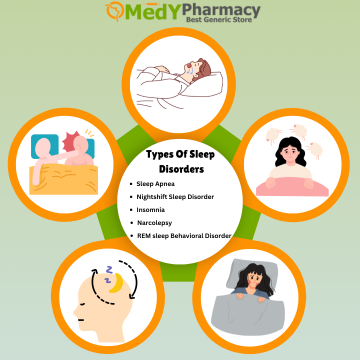
1. Sleep Apnea
Sleep apnea occurs when you have frequent and abrupt awakenings. Usually caused by interrupted respiration. If you are suffering from this ailment, you may be breathing shallowly or stopping frequently. Individuals with this condition have frequent respiratory arrests while sleeping.
All of them are separated based on the underlying reason for the disturbed breathing. The disorder can be addressed with either Sildigra or Fildena tablets.
2. Nightshift Sleep Disorder:
Night-shift sleep disruption occurs when you labor against the natural light/dark cycle. It causes you to feel drowsy when you should be aware and awake when you should be resting.
It also shortens and reduces the quality of your sleep. It is more common among persons who work at night, early in the morning or switch shifts.
3. Insomnia:
Almost everyone is aware of this condition, sometimes known as night owl syndrome. You’ve most likely had evenings when you couldn’t fall asleep despite your best attempts and acute exhaustion. This medicine is ineffective for the patient and may increase the existing psychiatric illness. It is a disorder characterized by difficulty falling asleep or staying asleep.
Insomnia is classified into two types: acute or chronic. Acute insomnia is a brief sleep problem that can be caused by shock or jet lag from international travel. Chronic insomnia is defined as continuous and persistent symptoms that last more than a month.
4. Narcolepsy:
When this condition is prevalent, persons typically experience sudden bouts of tiredness throughout the day, even when using equipment or performing other chores. People with narcolepsy frequently struggle to stay awake, which disrupts their regular routines and causes problems.
Tadalista 60 mg is commonly prescribed to address the problem.
5. REM sleep Behavioral Disorder:
REM sleep disorder is characterized by acting out dreams, which can be basic, dramatic, or violent. Individuals with RBD do not experience the frozen state that is common during the REM stage of sleep, allowing them to communicate their dreams with physical movements while asleep. The fact that the affected individual can go around without realizing it puts them at risk as well.
Treating the physical reasons
Treatment is determined by the specific cause. Treating an underlying medical ailment may be sufficient to resolve the situation. In some circumstances, changing drugs may be effective.
In recent years, erectile dysfunction treatment has evolved significantly. Many guys get good outcomes from prescription drugs like Viagra. Mechanical assistance, penile implants, and surgery are all potential treatments.
Lubricating gels or creams, as well as hormone therapy, may be effective in treating vaginal dryness.
Treating the psychological causes
Psychological therapy could help. A therapist can educate you on how to deal with stress and anxiety. Joint counseling with your partner can improve communication and intimacy.
Sometimes all you need is support and knowledge of sexual behavior. Counseling allows you to address body image and other inhibitions. Psychotherapy may be required for serious sexual dysfunction.
Last Words:
The relationship between ED and sleep difficulties is complicated, but treating both concerns at the same time can result in better sexual health. It not only disrupts sleep but also affects testosterone production, which can contribute to erectile dysfunction. Sleep apnea is frequently treated using CPAP, which can assist you in breathing while sleeping. At Medypharmacy, we make it easy for you to locate therapy.







